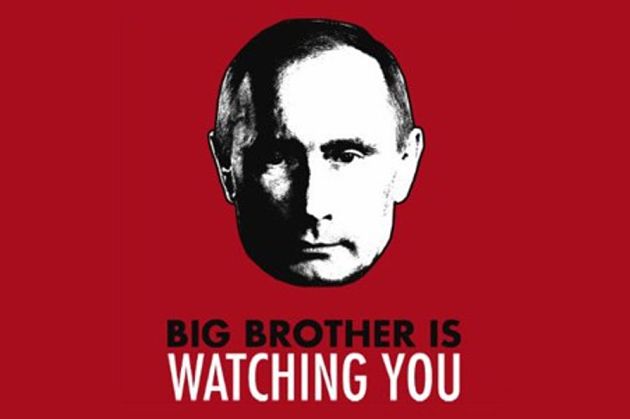It was predictable from the beginning that the Spiritual Administration of Muslims in the Republic of Tatarstan would not support Kazan Imam Abdurrauf Zabirov in his fight against the installation of surveillance cameras in all mosques in the city. It should be recalled that in this distant dispute between the Imam and the law enforcement authorities, the spiritual administration not only decided to protect the latter from accusations of violating the constitutional rights of believers, but also stated that the initiative to install video cameras, the information from which would be directed to the FSB and the Ministry of Internal Affairs, came from the Imam himself.
However, another news this week, which does not directly concern Muslims, suggests that cameras will soon be installed not only in mosques in Kazan, but in many other places as well. In the south of Russia, law enforcement officials reported that “the activity of a religious group of evangelical Christian Baptists, who hold services in a private house in the village of Verkhnebakansky in Novorossiysk, has been suppressed. As we have already written, in Putin’s Russia there is a real war against religious meetings in private homes, which is characteristic only of totalitarian states, since even persecuted religious groups in the Middle Ages could meet secretly in the homes or workshops of their members.
But what is even more interesting is the justification given this time for closing down the house church. For example, the Federal Bailiff Service in the Krasnodar Territory stated the following: “According to the current legislation and the requirements of anti-terrorist security, places where people gather in large numbers must be equipped with a video surveillance system, a notification system, lighting and a security pass. No security measures were observed in the “prayer house”, which could have posed a threat to people’s lives and health”.
Of course, one can and should ask the bailiffs which specific law obliges them to equip all meeting places with video cameras, how these cameras should work, who should bear the costs of their procurement and installation, and how the relevant information should be stored. And we would suggest that Russian human rights defenders find out, and here’s why.
Of course, it would be easy to assume that the bailiffs in Krasnodar are acting arbitrarily and interpreting the “current legislation of the Russian Federation” at their own discretion… if their actions and statements did not coincide with the initiative to install video cameras in mosques in Kazan. It is noteworthy that this happened simultaneously in two different regions of the country and concerning different confessions, which raises doubts that it is a coincidence.
One would like to be mistaken, but it is very likely that all these are the first signs of the implementation of a system of total surveillance of any meetings, whether religious, political, or of any other public significance, and a ban on such meetings and discussions outside of premises equipped with video cameras. Absurd as it may seem today, this is the meaning of the official statement of the Federal Bailiff Service in the Krasnodar Territory – by the way, a “law enforcement body”. If today these words are not refuted, tomorrow such a “legal understanding” may become generally accepted.
This is not surprising – Putin’s Russia is more and more turning into a satellite of communist China, trying to emulate it in the most negative aspects of its domestic policy (since it cannot emulate its economic development, and such a task is unlikely to be set). And in China, just such a system of total control over citizens is being implemented, with the universal installation of video cameras and facial recognition technology, a social credit system that punishes the unreliable in rights, and re-education camps for entire problematic population groups, such as Turkic Muslims.
So it is not surprising if it comes to Russia with a delay. If such precedents and statements remain without a reaction from its civil society…

